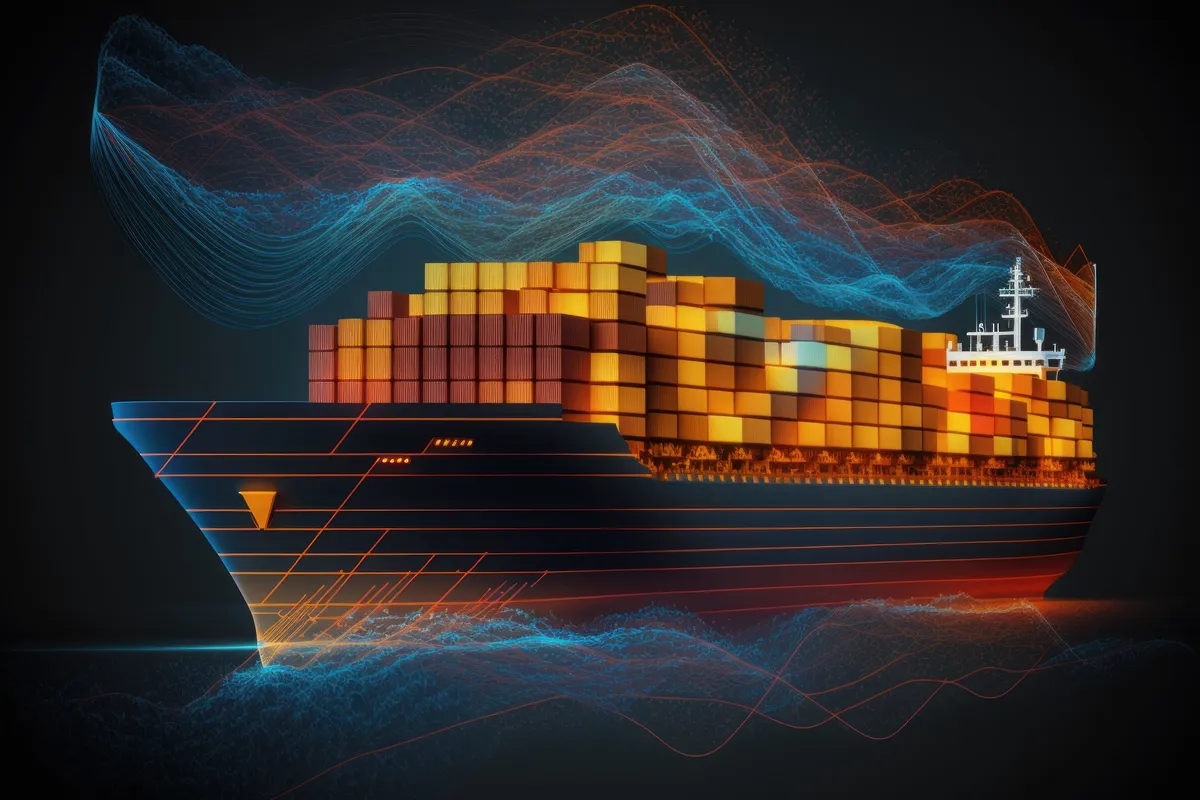The International Maritime Organization, at the Facilitation Committee's forty-eighth session, has issued Guidelines on Port Community Systems.
This document was published on 25 April 2024.
Creating a Port Community System (PCS) centered around fostering community is pivotal for nurturing collaboration, trust, and mutual benefits among all stakeholders within the port ecosystem.
Fundamental considerations for establishing this community include identifying stakeholders, engaging and reaching out to them, sharing a common vision, collaboratively designing the system, ensuring transparent governance, providing education and training, fostering community champions, structuring incentives, implementing feedback mechanisms, promoting networking opportunities, advocating for the system, building trust, ensuring scalability and inclusivity, and realizing shared benefits.
Key tools for addressing these considerations are the PCS steering committee and the PCS Working Group forum.
Various laws and regulations, spanning international agreements to local ordinances, can influence the implementation and operation of a PCS. Legal frameworks need to encompass areas such as electronic signatures, data privacy and protection, data sharing and access, competition law, intellectual property rights, and dispute resolution. Establishing a PCS operator may rely on existing legal structures or require specific legislative support.
To ensure legal compliance and smooth operation, operating agreements should cover aspects such as data privacy, stakeholder agreements, cybersecurity regulations, service levels, interoperability, dispute resolution, data ownership, and compliance with trade regulations.
A robust governance structure should include a PCS operator responsible for the system's lifecycle and a governance framework facilitating collaboration between public and private stakeholders.
PCS functionality should prioritize user needs, offering services like data interchange, legacy system integration, real-time data exchange, customs compliance, security features, operational visibility, notification systems, booking tools, reporting capabilities, mobile access, collaboration features, scalability, sustainability, APIs, continuous updates, and cybersecurity measures.
Continual development of the PCS should involve feedback mechanisms, agile methodologies, ongoing training, exploration of innovations, performance monitoring, scalability planning, security updates, compliance checks, stakeholder engagement, documentation updates, sustainable funding strategies, market analysis, and pilot testing.
PCS serves as a digital hub connecting various trade stakeholders, enabling supply chain integration, data-driven decisions, environmental sustainability, paperless trade, streamlined customs procedures, revenue enhancement, efficient port operations, community engagement, global market access, cost reduction, transparency, accountability, and security enhancement.
PCS services encompass maritime, port, land, transversal community, passenger, and airport services, playing a crucial role in optimizing trade operations, enhancing efficiency, transparency, security, and facilitating the movement of goods and passengers.
Approved by the Facilitation Committee, these guidelines aim to offer a comprehensive understanding of PCS, its role in standardization, harmonization, and its interaction with the Single Window environment.
Port Authorities may spearhead PCS development to align with strategic objectives, overseeing port administration, safety, and security.
Port stakeholders interact with the PCS by accessing or inputting relevant data, while PCS operators maintain system functionality, compliance, and user satisfaction.
PCS implementation involves more than just IT; it requires process re-engineering, stakeholder engagement, training, change management, and governance considerations.
UNECE-UN/CEFACT Recommendation n°33 outlines key elements for defining a Single Window, which PCS can fulfill if it meets criteria such as standardized information, government mandate, and regulatory processes.
PCS can operate as a Single Submission Portal or fulfill some or all functions of MSW or TSW, promoting interoperability among single window systems.
Interoperability, as per UNECE-UN/CEFACT Recommendation 36, is crucial for PCS, MSW, and TSW to ensure end-to-end visibility of goods movement, integration with customs, and seamless operation within a Single Window environment.
For more information, please see the document below (available only to subscribers):
Guidelines on Port Community Systems

Sign up for our newsletter
Your most up-to-date maritime regulations news
It's free. No spam. Cancel anytime.









Related News
Most important regulatory news published in the last week
Jan 21, 2025
Isle of Man: Key changes to marine casualty reporting
Jan 17, 2025
Updated IMO guidelines for GMDSS radio installations on SOLAS ships
Jan 17, 2025